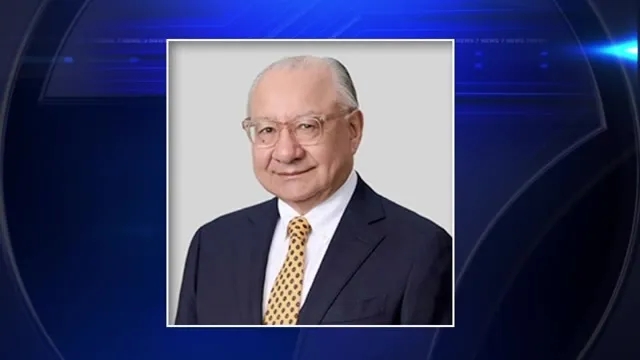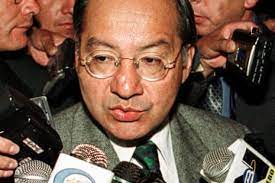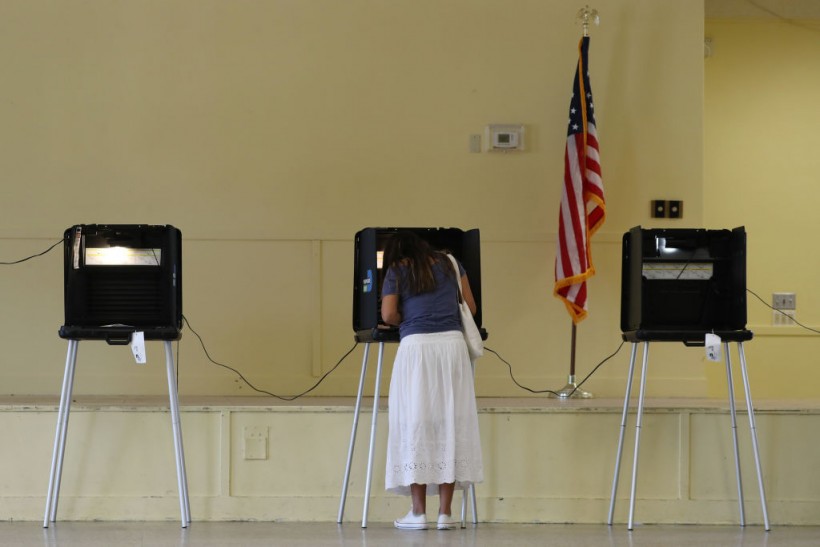Cuban intelligence has spent decades inciting radical leftist organizations to spread hatred toward the United States and Israel
By Gelet Martínez Fragela, ADNAmerica.com, May 7, 2024

Activists from the U.S. travelled with the People’s Forum and met with Cuban President Miguel Diaz-Canel on May Day, or International Workers’ Day, in May 2023
Some of the anti-Israel protests taking place at U.S. college campuses, including the recent demonstrations at Columbia University, have been supported by organizations that traveled to communist Cuba to receive resistance training, an ADN investigation has uncovered.
ADN’s investigation coincides with a recent Sunday report published by the New York Post that revealed a radical NYC based organization known as The People’s Forum familiarized anti-Israel activists with Black Lives Matter protest techniques just hours before they stormed Hamilton Hall at Columbia University, and that the group was incited by Manolo De Los Santos–a radical activist organizer with deep ties to communist Cuba.
De Los Santos, who has long been the subject of past ADN investigations, has a lengthy, storied history of working with some of Cuba’s top communist party leaders including its president, Miguel Diaz-Canel.
This past weekend the former seminarian turned radical leftist activist urged pro-Palestinian Columbia student protestors to “give Joe Biden a hot summer” and criticized Columbia’s “Zionist” administration for wanting to “resemble its masters in Israel.” He praised demonstrators for “deciding that resistance is more important than negotiations” and incited protesters to “make business as usual in this country unsustainable.”
Hours after Monday’s meeting was convened, dozens of protesters broke into and illegally stormed into Columbia University’s Hamilton Hall, seizing control of the university building in a standoff with education officials–the culmination of decades of Cuba promoting anti-Israel sentiment within U.S. based radical leftist organizations–and De Los Santos was credited for recreating “the summer of 2020,” a reference to the Black Lives Matter violence that besieged northern U.S. cities after the death of Minneapolis resident George Floyd.
The People’s Forum: Sympathies to Communist China, Cuba and Hamas
The People’s Forum is known for having sympathies to the Chinese and Cuban communist parties, and describes itself as “an incubator of movements for the working class and marginalized communities,” and has been a cornerstone of anti-Israel protests since Hamas’ attack on the Jewish state on Oct. 7, 2023.
One day after Hamas’ attack on southern Israel, TPF organized a protest in Times Square where attendees celebrated the terrorist organization and waved signs with anti-Semitic slogans and images.
Article continues here: Cuban-trained “protestors”








